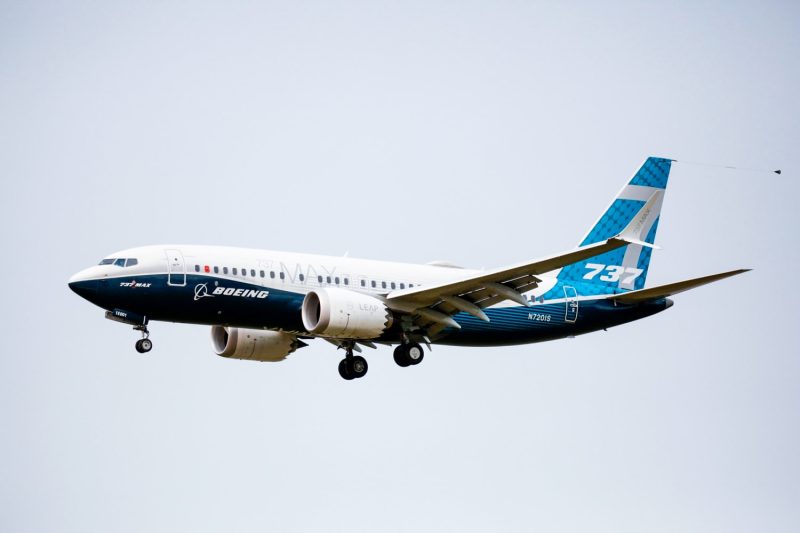In a recent and significant development, a court has rejected the plea deal proposed by Boeing in relation to the 737 Max crashes that occurred in recent years. This decision marks a pivotal moment in the ongoing legal battles and repercussions faced by the aerospace giant following the tragic incidents that claimed the lives of hundreds of passengers and crew members.
The court’s decision to reject Boeing’s plea deal brings to light the complexities and challenges involved in seeking justice and accountability in cases of corporate negligence and misconduct. It sends a strong message that merely offering a plea deal is not sufficient to address the magnitude of the harm caused and the need for transparent and thorough investigations into the root causes of such disasters.
The 737 Max crashes have not only raised questions about the safety and reliability of Boeing’s aircraft but have also exposed the regulatory failures and oversight gaps that allowed flawed designs to be certified and put into service. The court’s rejection of the plea deal underscores the importance of holding corporations accountable for their actions and ensuring that justice is served for the victims and their families.
Furthermore, the court’s decision is a reminder of the critical role that the legal system plays in upholding the rule of law and ensuring that those responsible for wrongdoing are held to account. It sets a precedent for future cases involving corporate malfeasance and sends a strong message that companies cannot escape accountability through plea deals or settlements alone.
Moving forward, it is essential for authorities, regulators, and stakeholders to continue to pursue thorough investigations, enact meaningful reforms, and implement stricter safety standards to prevent similar tragedies from occurring in the future. The rejection of Boeing’s plea deal serves as a wake-up call for the aviation industry to prioritize safety, transparency, and integrity in all aspects of its operations.
In conclusion, the court’s rejection of Boeing’s plea deal in connection to the 737 Max crashes serves as a pivotal moment in the quest for justice, accountability, and safety in the aviation industry. It underscores the importance of upholding the rule of law, ensuring transparency, and holding corporations responsible for their actions. As the legal proceedings continue, it is imperative for all stakeholders to remain vigilant and committed to preventing such tragedies from recurring in the future.

